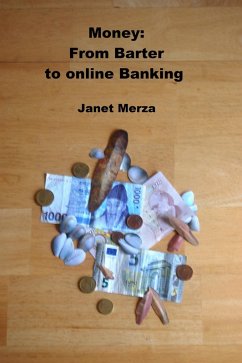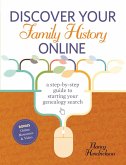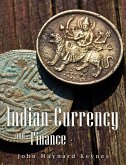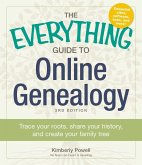This book traces the development of money from the earliest days of barter and gifting to the current situation when most money, for most of the time, is completely invisible to us. It shows how money influenced the ways societies developed and how that development in turn led to new financial initiatives and inventions, which in turn made new economic models possible.
It is not a book for economics experts or those with a specialised interest in coins - it is a book for the general reader who is interested in how the evolution of money and financial practices have shaped social history.
Dieser Download kann aus rechtlichen Gründen nur mit Rechnungsadresse in A, B, CY, CZ, D, DK, EW, E, FIN, F, GR, H, IRL, I, LT, L, LR, M, NL, PL, P, R, S, SLO, SK ausgeliefert werden.









